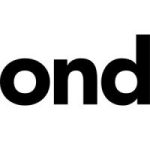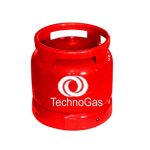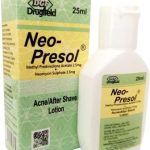
Testosterone replacement therapy (TRT) is a widely used treatment for men experiencing low testosterone levels. Symptoms such as fatigue, reduced libido, decreased muscle mass, and mood changes can often be improved with TRT. While the benefits are significant, the overall cost of therapy is an important consideration. how much does trt cost costs are typically composed of three main components: medication, doctor consultations, and lab tests. Each of these elements contributes to the total expense and can vary depending on treatment type, frequency, and location.
Medication Costs
Medication is often the largest recurring cost associated with TRT. Testosterone is available in several forms, including injections, gels, patches, and oral formulations. Injectable testosterone is generally the most affordable option, with monthly costs ranging from $30 to $100 depending on dosage and brand. Gel or patch formulations tend to be more expensive, often ranging from $200 to $500 per month. Some patients may require additional medications, such as aromatase inhibitors or human chorionic gonadotropin (HCG), to support hormone balance, which can increase the overall monthly cost. Generic testosterone options are widely available and can significantly reduce medication expenses.
Doctor Consultations
Ongoing medical supervision is essential for safe and effective TRT. Initial doctor consultations typically involve a detailed health evaluation, symptom review, and discussion of treatment options. The cost for an initial consultation ranges from $100 to $300. Follow-up visits are required to monitor therapy effectiveness, adjust dosages, and address any side effects. These follow-ups are often scheduled every three to six months and can cost $75 to $200 per visit. Some online TRT programs offer subscription models that include virtual consultations, making ongoing care more convenient and potentially more affordable.
Lab Testing
Lab testing is critical for monitoring testosterone levels and overall health. Initial testing usually includes measurements of total and free testosterone, estradiol, liver function, lipid profile, and complete blood count. The cost for an initial comprehensive panel can range from $100 to $300. After starting therapy, patients generally require periodic testing every three to six months to ensure that hormone levels remain within a safe and effective range. Each follow-up lab test may cost $50 to $150. Certain clinics offer bundled packages that combine labs with doctor consultations and medication, which can simplify billing and reduce overall expenses.
Other Factors Affecting Costs
Several factors can influence the total cost of TRT. Geographic location plays a role, as clinic and lab fees can vary by region. Insurance coverage may impact expenses as well; while many plans do not cover TRT for age-related testosterone decline, coverage may exist for clinically diagnosed low testosterone. Additionally, patients need to account for the cost of supplies such as syringes, applicators, or patches.
Cost Example
For a patient using injectable testosterone, monthly expenses may include $50 for medication, $100 averaged monthly for quarterly doctor visits, and $50 averaged monthly for lab tests, totaling approximately $200 per month. Patients using gel or patch formulations may incur monthly costs between $300 and $500. These costs accumulate over the course of long-term therapy, making it important to plan and budget accordingly.
Conclusion
TRT can provide significant benefits for men with low testosterone, but it is important to understand the associated costs. Medication, doctor consultations, and lab tests are the primary contributors to total expenses, and costs vary depending on treatment type, frequency, and location. Patients can manage costs by considering generic medication options, exploring cost-effective clinics, and planning for ongoing monitoring. With careful consideration and professional supervision, TRT can be a safe and effective investment in long-term health and well-being.





